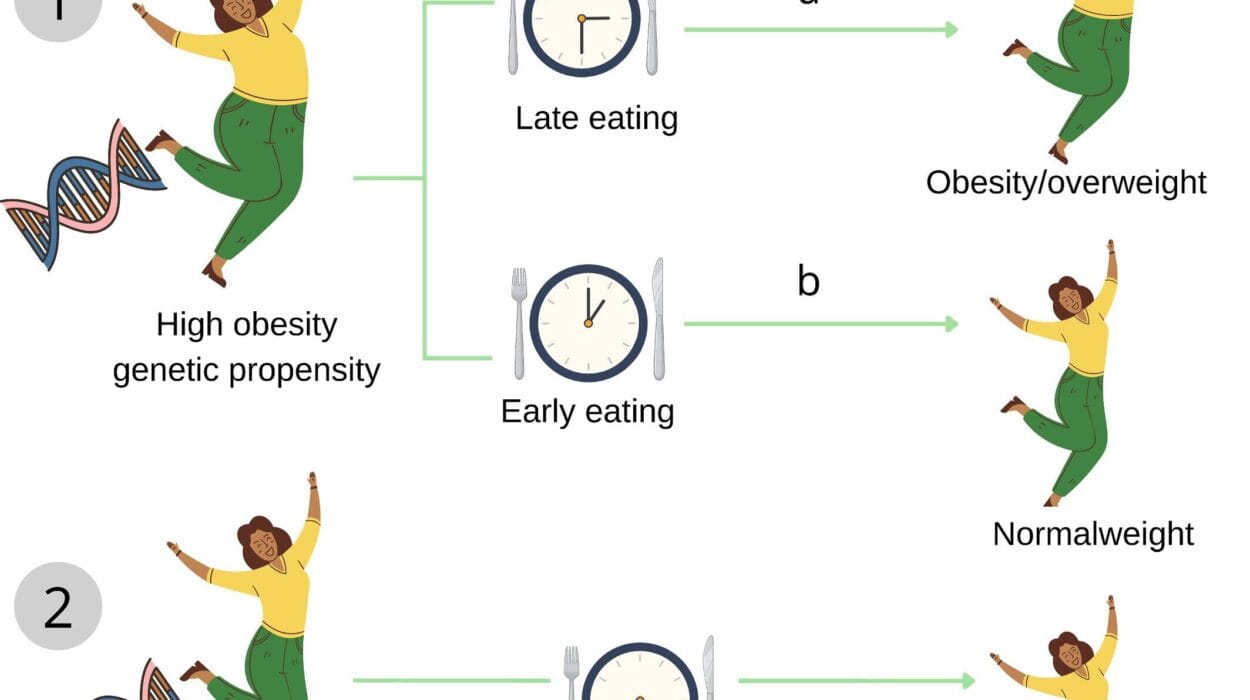Every beat of our heart, every breath we take, and every churn of our stomach tells a story—one that is written not just in our bodies but also in our minds. For centuries, people have spoken of a “gut feeling” or the butterflies that flutter in the stomach when emotions run high. Today, science is revealing that these sensations are more than metaphors; they are part of a profound physiological dialogue that shapes our mental health.
This conversation between the body and the brain is made possible through interoception, the innate ability to sense internal states such as hunger, thirst, pain, and heartbeat. Far from being mere background processes, these signals form a silent orchestra that conducts our moods, attention, and emotional well-being.
The Stomach’s Silent Rhythm
Among the many internal signals guiding our mental life, one of the most fascinating is the gastric rhythm—a steady electrical oscillation produced by the stomach to aid digestion. Much like the steady beat of a drum in an orchestra, the gastric rhythm provides a consistent background pattern that the brain can synchronize with.
Scientists have discovered that this rhythm doesn’t just stay in the stomach. It communicates with the frontoparietal network, a region of the brain responsible for regulating attention, decision-making, and emotional control. This ongoing conversation is called gastric-brain coupling or more broadly, visceral-brain coupling.
The very idea is striking: your stomach and your brain are not separate players, but partners in a duet that may profoundly influence how you feel, think, and react to the world.
When Stomach and Brain Align Too Closely
Researchers at Aarhus University and the German Institute of Human Nutrition recently set out to uncover just how this gastric-brain coupling affects mental health. Their study, published in Nature Mental Health, revealed something surprising—a stronger synchronization between the stomach’s rhythm and brain activity was often associated with poorer mental health.
Involving 243 participants, the study combined electrogastrography (EGG), a technique for recording the stomach’s electrical signals, with functional magnetic resonance imaging (fMRI) to monitor brain activity. At the same time, participants completed assessments about their emotional, mental, social, and physical well-being.
The results were clear: individuals whose brains were more tightly locked onto their stomach rhythms reported higher levels of anxiety, depression, stress, and reduced well-being.
This doesn’t mean that the stomach causes mental illness directly. Instead, it suggests that an imbalance—or abnormal synchronization—between visceral signals and brain networks may act as a signature of poor mental health.
The Body-Mind Connection Reimagined
The findings resonate with a broader shift in how we think about mental health. For decades, psychological disorders were often treated as if they existed solely in the brain, disconnected from the rest of the body. But growing evidence shows that the mind and body are inseparably linked, with internal rhythms—heartbeat, breathing, digestion—shaping our mental and emotional landscapes.
“Visceral rhythms orchestrate the physiological states underlying human emotion,” the researchers explained. In other words, our feelings don’t float in isolation. They emerge from the continuous symphony of body signals, interpreted and integrated by the brain.
This challenges old divisions between “physical” and “mental” health, reminding us that anxiety or depression is not just “in the head” but also deeply rooted in how our body’s internal rhythms are processed.
Toward New Therapies
Understanding gastric-brain coupling could open up fresh avenues for treating mental health conditions. If abnormal synchronization contributes to anxiety or depression, then perhaps future therapies could aim to rebalance the stomach-brain dialogue.
For example, non-invasive brain stimulation, biofeedback training, or even targeted interventions to regulate gastric rhythms might one day be used to reduce stress or improve mood. Just as mindfulness and breathing exercises harness the link between respiration and emotion, new therapies could help people tune their stomach-brain connection toward healthier patterns.
The implications are vast. Imagine treatments that ease depression not only by adjusting brain chemistry but also by harmonizing the gut’s natural rhythms. This holistic approach could transform how we address mental suffering—acknowledging the body and brain as inseparable partners in health.
A Symphony Still Being Written
The science of visceral-brain coupling is still in its early stages. Researchers caution that much remains unknown: why does stronger coupling sometimes signal distress? How does the balance between too little and too much synchronization affect different people? Could differences in diet, stress, or lifestyle alter the stomach-brain conversation in ways that influence mental health?
What is certain is that this field is bursting with possibility. Each discovery adds a new instrument to the orchestra of understanding, reminding us that mental health is not confined to neurons alone but resonates through the whole body.
Listening to the Body’s Wisdom
For centuries, we have relied on metaphors to express the wisdom of the body: a gut instinct, a sinking feeling, a broken heart. Modern science is now showing that these expressions are not just poetic—they reflect a real biological truth.
Our stomachs, hearts, and lungs are not silent background players. They are active voices in the conversation of our minds. When the dialogue flows smoothly, we may feel calm, focused, and well. When it becomes imbalanced, distress may follow.
By learning to listen to these internal rhythms—through science, medicine, and personal awareness—we may discover new ways to heal, to understand ourselves, and to reconnect with the deep intelligence of our own bodies.
The stomach’s gentle pulse, it turns out, is more than digestion—it is a quiet rhythm of the soul.
More information: Stomach–brain coupling indexes a dimensional signature of mental health. Nature Mental Health(2025). DOI: 10.1038/s44220-025-00468-6.






